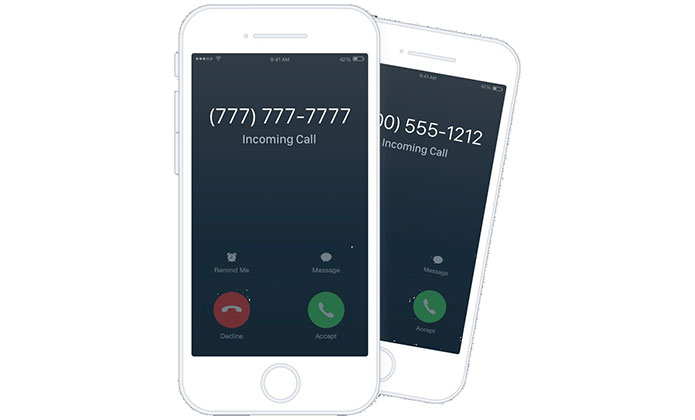File Photo
Spoofing is a scam in which criminals disguise their caller ID to steal victims’ money by convincing them to wire cash or provide personal financial information.
By Forum Staff
A bill to combat a widespread telephone deception scheme that, according to one legislator, has adversely affected borough residents has been signed into law, U.S. Rep. Grace Meng (D-Flushing), who introduced the measure in 2015, announced on Friday.
According to Meng, the new law cracks down on criminals who engage in spoofing, a scam in which criminals disguise their caller ID to make it appear that they’re calling from a financial institution, police department, or government agency. Using technology to impersonate their name and/or phone number, these crooks call unsuspecting victims and falsely claim they’re from an official entity. They then steal victims’ money by convincing them to wire cash or provide personal financial information.
“Spoofing has been one of the fastest growing forms of fraud in America, but the enactment of my Anti-Spoofing Act will provide new and critical tools to stop those who perpetrate this deceitful and malicious crime,” Meng said, noting that perpetrators posing as Internal Revenue Service personnel who demand immediate payment for unpaid taxes has been among the more prevalent schemes.
“Finally, we can fight back against these unconscionable thieves who for too long have preyed on unwitting consumers including the most vulnerable in our society such as immigrants and the elderly,” she added. “Enactment of this legislation has been a long time coming.”
The new legislation makes spoofing attempts from abroad a criminal act. Presently, spoofing to defraud Americans is not against the law if the calls originate from outside the U.S.; and it expands spoofing protections to cover text messaging and internet-based Voice over Internet Protocol services that enable individuals to make calls from computers and tablets.
Additionally, the law requires the Federal Communications Commission, in collaboration with the Federal Trade Commission, to regularly update education materials that help consumers identify and protect themselves from caller ID scams.
Meng said she introduced anti-spoofing legislation after receiving complaints from seniors and the Communities of Maspeth and Elmhurst Together civic organization.
“It’s great to hear that anti-spoofing legislation has been signed into law and I thank Congresswoman Meng for shepherding the bill through Congress,” said COMET President Roe Daraio. “It will help deter con artists from posing as the IRS, banks and other entities, and stop them from stealing cash or identities from unsuspecting victims. Hopefully, this enacted legislation will put an end to this activity once and for all.”

